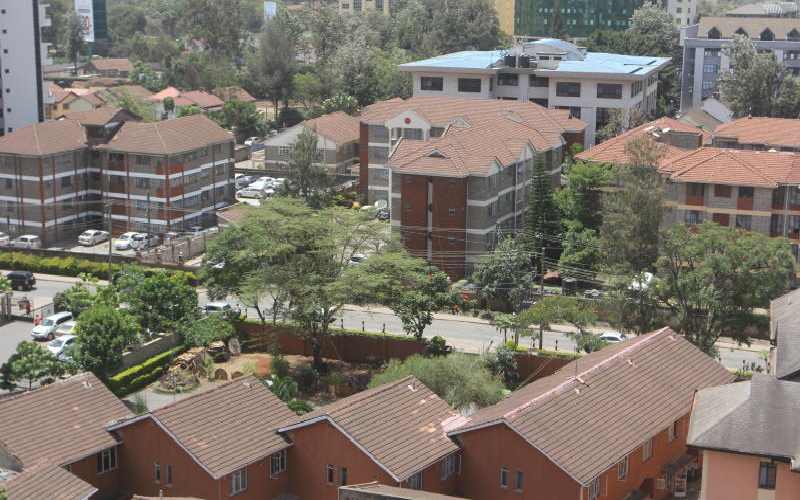×
The Standard e-Paper
Home To Bold Columnists

I read somewhere that a new proposed law, the Landlord and Tenant Bill of 2021, is in the offing to control rents in the country. Why so soon after repealing the Banking (Amendment) Act No 25 of 2016 that controlled interest rates? If you recall, the new law came into effect just before the 2017 polls.
Is the new Bill being fronted in the same spirit and is it driven by politics or economics?